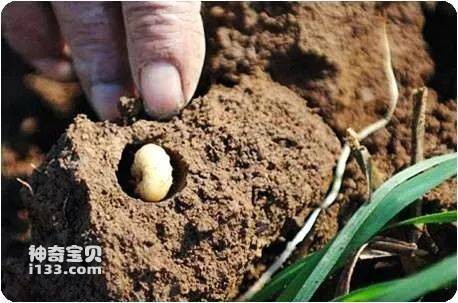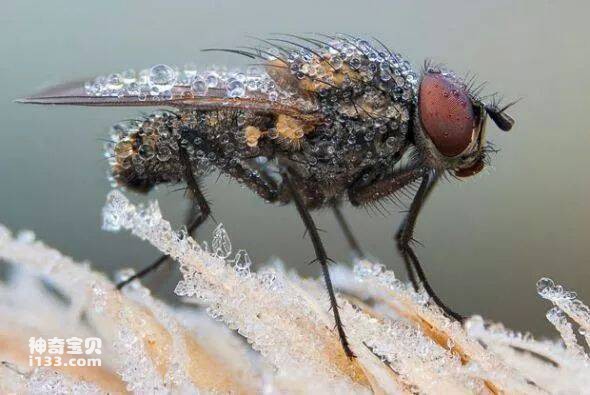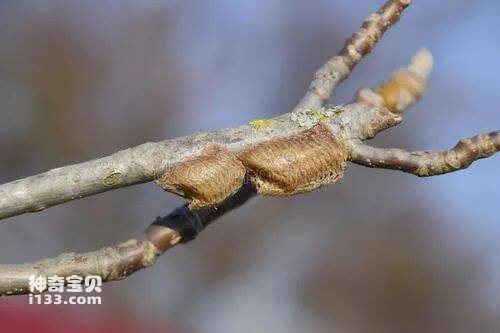At the end of autumn and the beginning of winter, the ground is clear, the leaves are falling, and the insects that harm crops and move on the ground are gone. Are they frozen to death by the cold climate? No, but it's not that simple. In fact, whenever winter comes, most insects enter the wintering period and are no longer active. No matter how many generations of insects can occur in a year, when environmental conditions are unfavorable to them, there will be a period of stagnant growth and development. This period is often in hot summer or cold winter, so this period is usually called Summer or winter.

Whether insects can survive the winter safely, the choice of location plays a certain role. If you choose well, you can survive the winter safely. If you choose poorly, you will either freeze to death or be parasitized by natural enemies or eaten by birds and animals. Therefore, understanding the overwintering places, overwintering methods and habits of insects can help protect overwintering beneficial insects and prevent and control overwintering pests.
The first condition for choosing a place to spend the winter is to keep warm, try to avoid open air conditions, and often hide under a cover. The temperature in these places is higher than in open air and changes more slowly. Insects that spend the winter burrowing below the surface of the soil use soil temperature to stay warm. The underside of tree bark and the gaps between buildings also have a thermal insulation effect. Some insects lay their eggs under the bark of plants and in stems, using the temperature and humidity in plant tissues to survive the winter.

The second condition is proper humidity, which prevents mass mortality from winter droughts. The necessary humidity before the overwintering insects wake up is a necessary condition for the organic matter in the insects to successfully escape the overwintering state. Because humidity is necessary to restore the insect's water balance. Dry environment is not only unfavorable for insects to survive the winter, but more seriously affects the pupation of larvae, the emergence of adults and the hatching of eggs after winter.
The third condition is to avoid damage from natural enemies. After insects enter the diapause state during the winter, they have no ability to resist attacks by natural enemies. Therefore, when choosing a place to celebrate the New Year, you should try to find a place where you can hide, or tie a silk net around the outside of the body; . These phenomena are all self-defense instincts of insects to adapt to the environment.

The fourth condition is future food. No matter what kind of insect, as long as it can survive the winter and continue to live, it must consider food. Therefore, the wintering place that the insect chooses will not be too far away from the host, or it will be on the original host. Of course, some of the winged adults overwinter; their performance in this regard may not be significant.
animal tags:
We created this article in conjunction with AI technology, then made sure it was fact-checked and edited by a Animals Top editor.